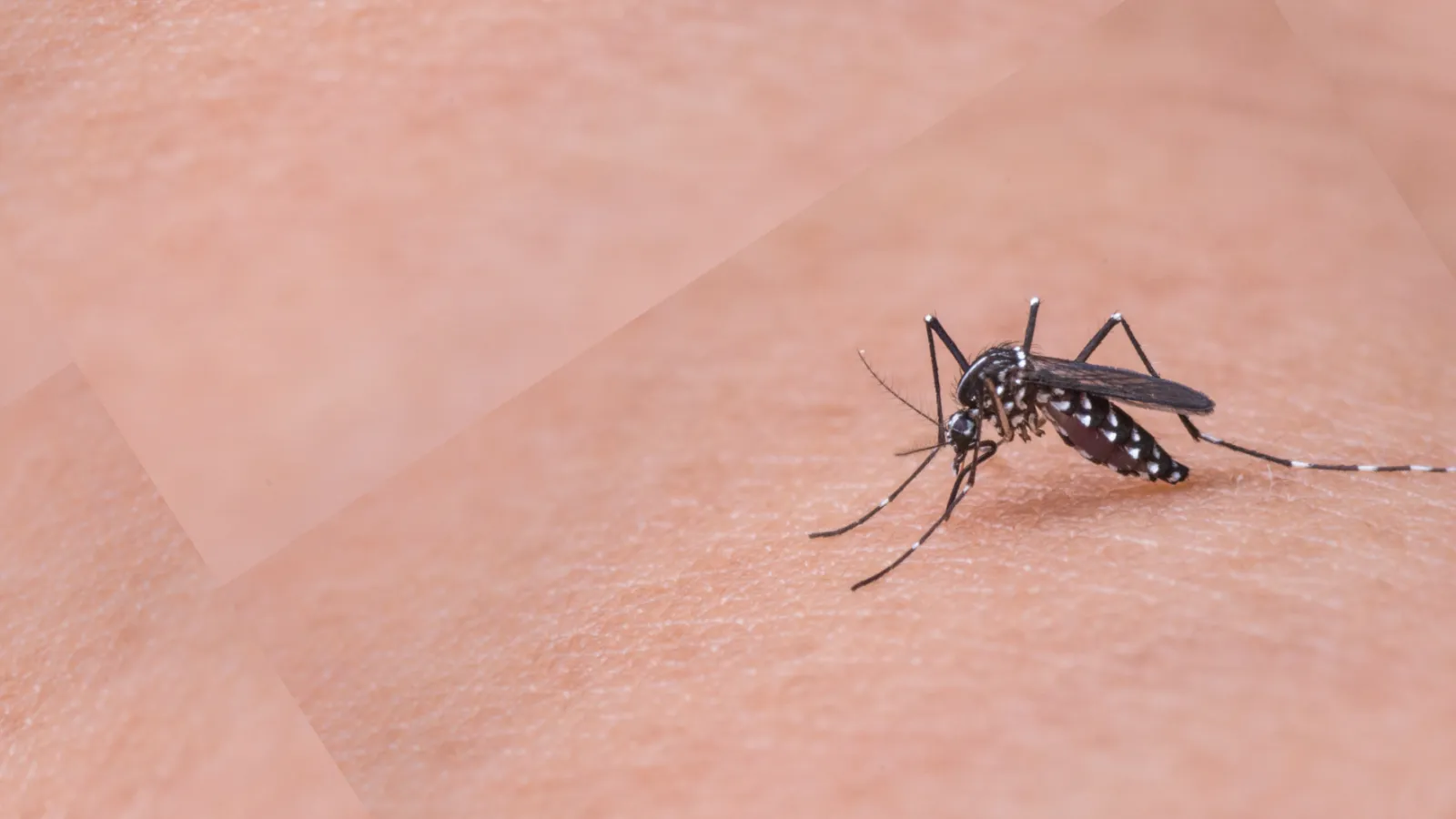
Mosquitoes
Latin Name: Culicidae
Ever wonder why such tiny insects like mosquitoes can have such a huge impact on our lives? Despite their size, mosquitoes are some of the most influential—and sometimes dangerous—insects around, all because of the diseases they can spread. Let's dig into what makes mosquitoes so unique and why they get so much attention.
What Mosquitoes Look Like and How They Grow Up
Mosquitoes might look fragile, with their long legs, narrow wings, and that sharp little needle-like mouthpart (called a proboscis) that they use to bite. They go through four main life stages: egg, larva, pupa, and adult. They usually lay eggs in or around still water, where the larvae live until they grow up and start flying. Most mosquitoes only live about two weeks as adults, though some types can last a bit longer if the conditions—like temperature and humidity—are just right.
What and How They Eat
Here's a fun fact: only female mosquitoes bite! They need the proteins from blood to make eggs, while the males stick to a diet of nectar and plant juices. Mosquitoes have an amazing sense for finding us too. They're drawn in by carbon dioxide, body heat, certain smells, and even dark clothing.
Where Mosquitoes Thrive
You can find mosquitoes almost anywhere on the planet, except in the coldest polar regions. They do best around standing water, which makes ponds, marshes, and even things like flowerpots or clogged gutters ideal breeding grounds. Mosquitoes love places with poor drainage, so urban and suburban areas with lots of standing water can turn into mosquito hotspots.
How They Spread Disease
What really makes mosquitoes dangerous is their role in transmitting diseases, making them one of the deadliest animals for humans. Different mosquito types spread different diseases. Anopheles mosquitoes, for instance, spread malaria, while Aedes mosquitoes (like Aedes aegypti) can transmit viruses like dengue, Zika, and chikungunya. There's also the Culex mosquito, which spreads the West Nile virus and affects both humans and animals. Some of these diseases cause mild symptoms, but others can lead to serious, life-threatening complications, which is why mosquito control is so important in affected regions.
